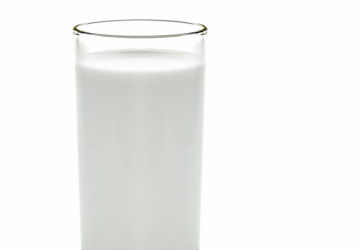 A recent study published in the American Journal of Agricultural Economics (AJAE) found that instituting a tax on sugar-sweetened beverages only decreased overall calorie consumption by less than 14 calories per day. High-income consumers were found to only have a decrease of 5.6 calories per day while low-income consumers had a decrease of 13.2 calories per day. That is roughly equivalent to cleaning your house for two to three minutes every day.
A recent study published in the American Journal of Agricultural Economics (AJAE) found that instituting a tax on sugar-sweetened beverages only decreased overall calorie consumption by less than 14 calories per day. High-income consumers were found to only have a decrease of 5.6 calories per day while low-income consumers had a decrease of 13.2 calories per day. That is roughly equivalent to cleaning your house for two to three minutes every day.
Studies have shown that when persons decrease their consumption of one food item, they simply replace it with another. The study measured the expenditures of low and high-income individuals on 23 different food items when an extra tax of ½ cent per ounce was added to sugary drinks. The study found that the tax was regressive, having a harsher impact on low-income consumers and resulted in a decrease in welfare rather than consumption. Additionally, researchers found that the consequences of a food tax increased sodium and fat intake. Overall, the study showed negligible decreases in daily caloric intake.
What can you eliminate to decrease your intake by 10 calories per day? If you feel like paying the soda tax, but still want to shed those pounds like your friends who were hit by price increases, Self.com has a great guide for 10 calorie portions. Don’t feel like walking for less than one minute per day? Just say no to that extra apple slice or gummi bear.
As we’ve said before, fat taxes aren’t the way to curb obesity. Sometimes a closed mouth and a little personal responsibility can take the place of an overreaching nanny state.




